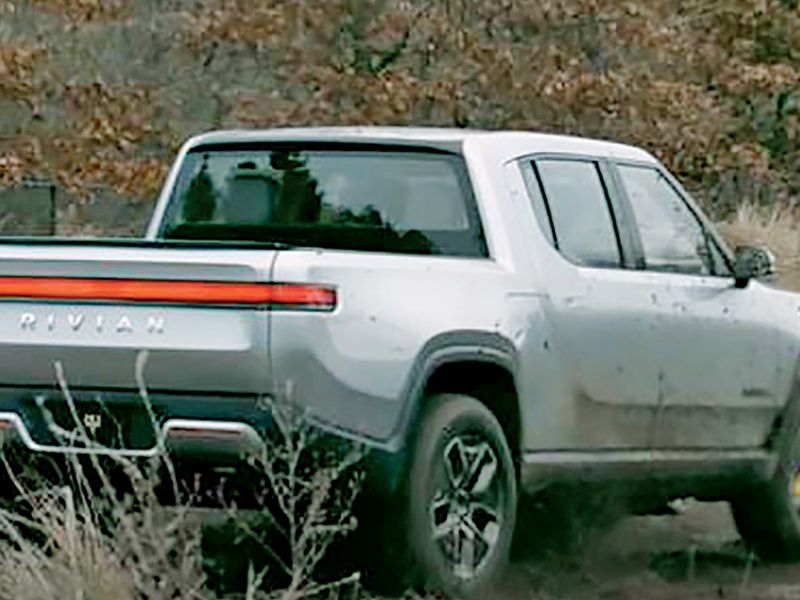
Chase Auto forged its first direct-to-consumer private label automaker partnership with Rivian Automotive Inc., both companies said last week. The program is slated to launch early this year, ahead of expected June deliveries of Rivian’s all-electric R1T pickup.
Chase’s digital capabilities drew the battery-electric automaker to the bank, which strives alongside the traditional automotive industry to create a fully online purchase experience, said Jagdeep Dayal, head of partnerships for Chase Auto. Rivian was in talks with several of Chase’s competitors leading up to its U.S. launch, he said.
“They choose us for the capabilities we have as a captive and, quite frankly, the digital capabilities that we will be able to bring to bear in this fully digital environment,” Dayal said.
Established in 2009, Rivian has yet to sell a vehicle. The company has raised about $6 billion from backers, including Ford Motor Co. and Amazon. It plans to begin production of its first two vehicles — a pickup and a sport-utility vehicle — this year. The R1T pickup is priced around $67,500, before tax incentives. The company also is under contract to build 100,000 electric delivery vans for Amazon.
Rivian declined to comment for this article.
Prior to the Chase relationship, Rivian customers made cash payments online to preorder vehicles. Payments made ahead of time to secure a vehicle slot will be applied to the total transaction, Chase said, but don’t have to be considered as a loan down payment. Any potential discounts offered would be at the automaker’s discretion.
The company reportedly has tens of thousands of vehicle reservations, some of which go back 18 months to two years.
The process begins when customers select and build their vehicle on Rivian’s site. Once they’re ready to make a purchase, customers can apply for Chase financing in the portal under the name Rivian Financial Services, Dayal said.
“We take it all the way to the end, where the customer can sign digitally the documents needed,” except those that require wet signatures, Dayal said, which are signed at the point of delivery. The process takes “minutes,” he said, and includes accessories.
Chase’s challenge in the partnership will be to figure out the value of those vehicles over time, and what protections the borrower must take at the point of purchase, said Maryann Keller, automotive industry analyst and principal at Maryann Keller & Associates. The residual power, and therefore value, of a vehicle’s battery when it hits the aftermarket, for example, will be difficult to determine without data.
“What’s the cost of a car? What you pay for it, what you pay for maintenance and what you get when you sell it,” Keller said. “What are [electric vehicles] worth at the end of their mechanical lives? We don’t know.”
Through varied market data in conjunction with its own historical data, Chase is confident it will be able to determine appropriate collateral risk as it adds Rivian vehicles to its portfolio. The lender’s analytical engine will get updated as actual performance of Rivian collateral becomes available in the coming months and years, Dayal said.
Mike Ramsey, a senior analyst at Gartner, said the partnership reflects the market’s growing confidence in the viability of EV sales, both new and in the aftermarket.
“I don’t think Chase would make this agreement if they didn’t think the underwriting was secure,” he said. “This is part of the maturing of the market, that banks see they can be profitable making these loans.”